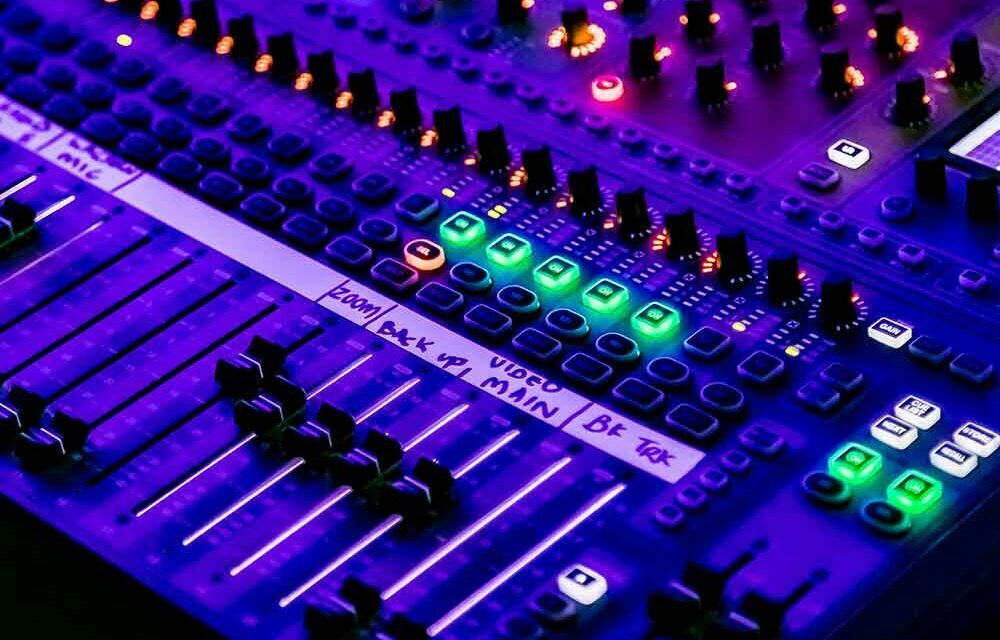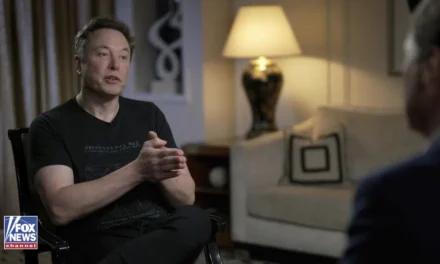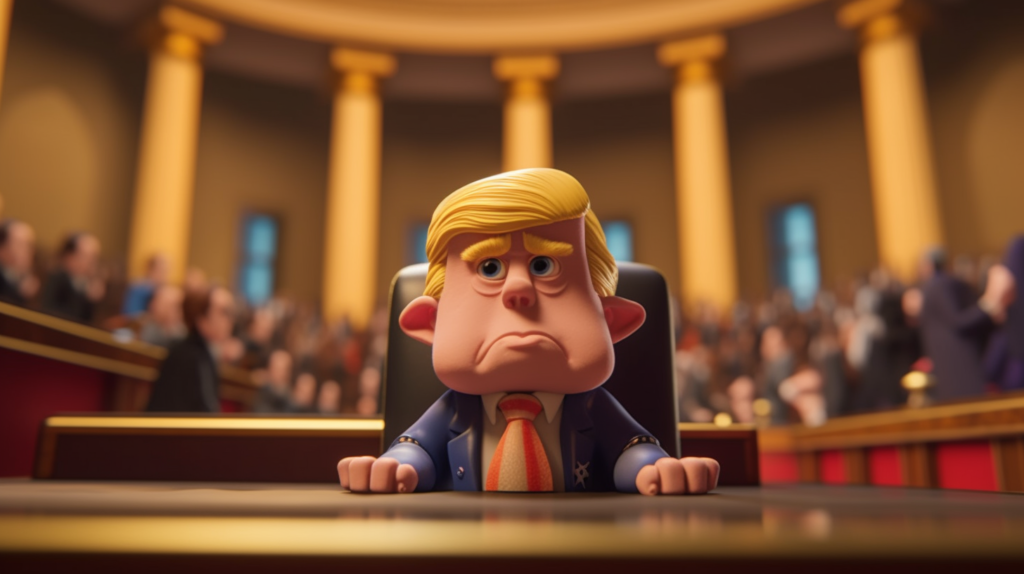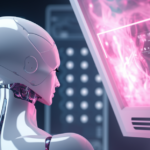Grimes, the Canadian pop singer, has offered to split 50% of royalties for any successful AI-generated song that uses her voice. She tweeted her proposal, which is the same deal she would offer any artist she collaborates with, stating that anyone could use her voice without penalty since she has no legal bindings or label. This move comes as the music industry struggles with AI songs created using an artist’s voice. Universal Music recently asked streaming services to remove a song, “Heart on My Sleeve,” that used deep-faked vocals from their artists Drake and The Weeknd, claiming that it violated copyright laws. Grimes’s tweet, on the other hand, seeks to encourage the open-sourcing of all art and killing copyright.
Grimes has always had a distinct cyberpunk aesthetic that has been a constant theme throughout her different incarnations as a singer, songwriter, and producer. She frequently espouses strong views on emerging technologies such as AI and blockchain. Grimes has even designed her own record covers and put out a collection of original art as NFTs, earning $6 million in the process. Grimes is also known for her illustrations, and she previously listed her soul for sale at $10 million.
Although Grimes is not the first artist to embrace voice cloning and artificial intelligence tools, she is the first artist to offer her voice for use in AI-generated songs without legal repercussions. In 2021, Holly Herndon, an experimental musician, unveiled her own artificial voice, Holly Plus. Herndon allows users to upload audio files and receive a new version sung in her voice, but only members of her decentralized autonomous organization (DAO) are able to profit from the voice model.
Grimes’s tweet is currently just a proposal, with little information about how the arrangements would work. However, she did say that the profit-sharing could apply to “viral” or “super popular” tracks made using her voice that are already floating around. She also mentioned that she is creating a program that will simulate her voice well and is considering uploading “stems and samples” for people to train their own.
It remains to be seen whether other artists will follow Grimes’s lead and offer their voices for use in AI-generated songs. The music industry has long struggled with copyright laws in the digital age, and Grimes’s proposal could pave the way for more open collaboration between artists and AI.










![Fei-Fei Li and a technical future - NewsBites.AI [Fei-Fei-li picture] looking optimistically into a technical future. Optimistic. Hopeful. Happy. Productive. --ar 16:9. Image courtesy of Midjourney, used with permission. All rights reserved.](https://newsbites.ai/wp-content/uploads/2023/05/Fei-Fei-Li-futuristic-1-150x150.png)
